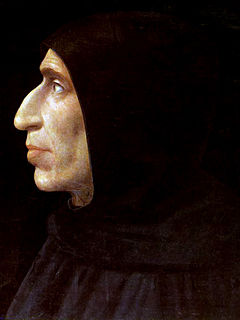A Quote by Peter Adamson
Plotinus is usually called the Founder of Neo Platonism and what that means is that in this philosophical circle, he was founding a kind of renewed attempt to understand the thought of Plato which however they were combining with the thought of other philosophers, including Aristotle, the Stoics and Pythagoreans and so on.
Related Quotes
Before the 3rd century you're having several philosophical schools still as a going concern. You have not only the Platonists and the Aristotelians but you have Scepticism, you have Stoicism, you even have a little bit of Epicureanism. And what happens after Plotinus is that everybody becomes a Neo-Platonist. So if we then go forward to the Islamic world for example, Plotinus is immensely influential, and Neo-Platonism becomes at least one major component of mainstream Islamic philosophy as well.
Certainly neo-Platonism, Plotinus and Porphyry and that school are psychedelic philosophers. Their idea of an ascending hierarchy of more and more rarefied states is a sophisticated presentation of the shamanic cosmology, which is the cosmology that one experientially discovers when they involve themselves with psychedelics.
Through Plato, Aristotle came to believe in God; but Plato never attempted to prove His reality. Aristotle had to do so. Plato contemplated Him; Aristotle produced arguments to demonstrate Him. Plato never defined Him; but Aristotle thought God through logically, and concluded with entire satisfaction to himself that He was the Unmoved Mover.
I think it's important to realise that what happens in Neo-Platonism beginning with Plotinus and Porphyry and then going on for the next several centuries, is a real kind of contest for the ideas and convictions of the intelligentsia of the later Roman Empire. So that you have Christians slowly converting more and more powerful people until of course actually Constantine and then other emperors after him, become Christian, and the empire becomes a Christian empire rather than Pagan empire.
































